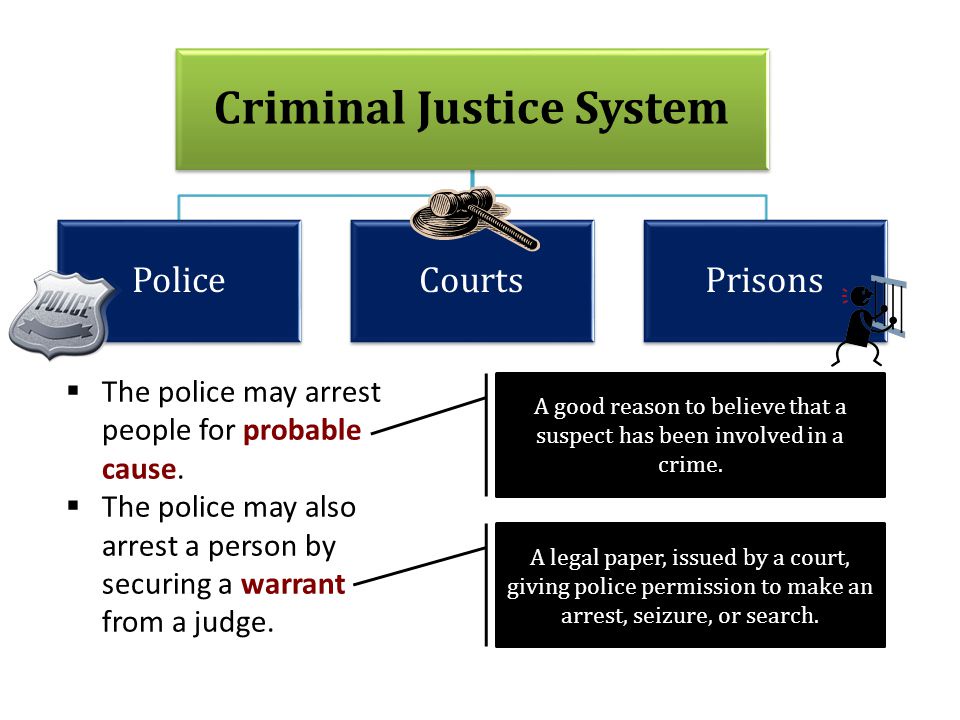Data analytics has revolutionized many aspects of our lives, from helping us make decisions about what to buy to predicting the weather. But one area where it can have an especially powerful impact is criminal justice, making it more equitable and efficient. In this article, we'll explore how data analytics is being used in the criminal justice system and how it's making a positive difference.
What is Data Analytics?
Data analytics is the process of analyzing data to extract valuable insights that can help inform decision-making. It involves using techniques such as statistical analysis and machine learning to examine data sets in order to identify patterns and trends.
Data analytics has revolutionized criminal justice by providing a more holistic and objective view of offenders. By analyzing data on crime, recidivism, and sentencing, researchers are able to identify risk factors that can help guide decisions on who to target for intervention and what types of interventions are most likely to be effective. This information can then be used to develop more equitable and effective criminal justice policies.
How Data Analytics is Used in Criminal Justice
Data analytics is increasingly being used in criminal justice, from policing to sentencing. In some cases, data analytics can help to identify potential criminals before they commit a crime, by analyzing trends and identifying patterns. For example, predictive analytics may be used to identify people who are likely to re-offend, so that they can be targeted for rehabilitation programs.
In other cases, data analytics can be used to improve the fairness of the criminal justice system. For example, by analyzing data on sentencing outcomes, researchers can identify areas where there are disparities based on race or ethnicity. This information can then be used to inform policy changes that aim to make the system more equitable.
Overall, data analytics is providing a new way of looking at criminal justice and is helping to make it more evidence-based and fair.
Benefits of Using Data Analytics in Criminal Justice
In recent years, data analytics in criminal justice has become an increasingly important tool in the criminal justice system. By analyzing large data sets, analysts can identify patterns and trends that may be helpful in solving crimes and preventing future crimes.
Data analytics can be used to help solve crimes in a number of ways. For example, analysts can use data to map crime hot spots, identify areas where police resources are most needed, and track the movements of known criminals. In addition, data analytics can be used to support predictive policing, which uses data and analytics to identify potential criminal activity and deploy police resources accordingly.
In addition to helping solve crimes, data analytics can also be used to improve the fairness and equity of the criminal justice system. For example, by analyzing data on who is being stopped and searched by police, analysts can identify disparities that may be indicative of racial bias. In addition, data analytics can be used to monitor the performance of police officers and ensure that they are adhering to departmental policies.
Overall, data analytics is a powerful tool that is revolutionizing criminal justice and making it more equitable.
Challenges of Implementing Data Analytics
The criminal justice system has long been criticized for being unfair and biased, particularly towards minority groups. The advent of data analytics has the potential to revolutionize the criminal justice system and make it more equitable. However, there are several challenges that need to be overcome in order for data analytics to be effective in the criminal justice system.
One of the biggest challenges is obtaining accurate and complete data. The data that is collected by police departments and other agencies is often incomplete or inaccurate. This makes it difficult to effectively analyze the data and draw conclusions from it. Another challenge is that data analytics relies on complex algorithms that can be difficult to understand and interpret. This can lead to errors in decision-making, which can have serious consequences for those involved in the criminal justice system.
Finally, another challenge of implementing data analytics is ensuring that the technology is used ethically and fairly. There is a danger that data analytics could be used to unfairly target minority groups or Those with mental health conditions or substance abuse problems are especially vulnerable to being targeted by data analytics if the technology is not used ethically.
Despite these challenges, data analytics holds great promise for making the criminal justice system fairer and more reasonable. It is important that these challenges are addressed so that data analytics can be used effectively to improve the criminal justice system.
Examples of How Data Analytics is Being Used to Make Criminal Justice More Equitable
In recent years, data analytics has been increasingly used to revolutionize the criminal justice system and make it more equitable. For example, data analytics is being used to:
-Predict where and when crime will occur, so that law enforcement can better target their resources and prevent crime before it happens;
-Identify which defendants are at risk of reoffending so that they can be targeted for rehabilitation programs;
-Analyze sentencing patterns to identify disparities based on race, ethnicity, or other factors;
-Develop risk assessment tools to help judges make fairer decisions about pretrial release, bail, and sentencing;
-Automate the monitoring of offenders on probation or parole, so that they can be quickly returned to custody if they violate the terms of their release; and
Conclusion
Data analytics is a powerful tool that can revolutionize criminal justice and make it more equitable. By using data to identify potential biases, provide better insights into risk assessment, and evaluate the effectiveness of different approaches to criminal justice, this technology promises to create fairer systems that are more effective at protecting citizens' rights.
With its ability to help us understand crime patterns and create predictive models for future crimes, data analytics is sure to be an invaluable resource in ensuring fairness within the criminal justice system.


No comments yet